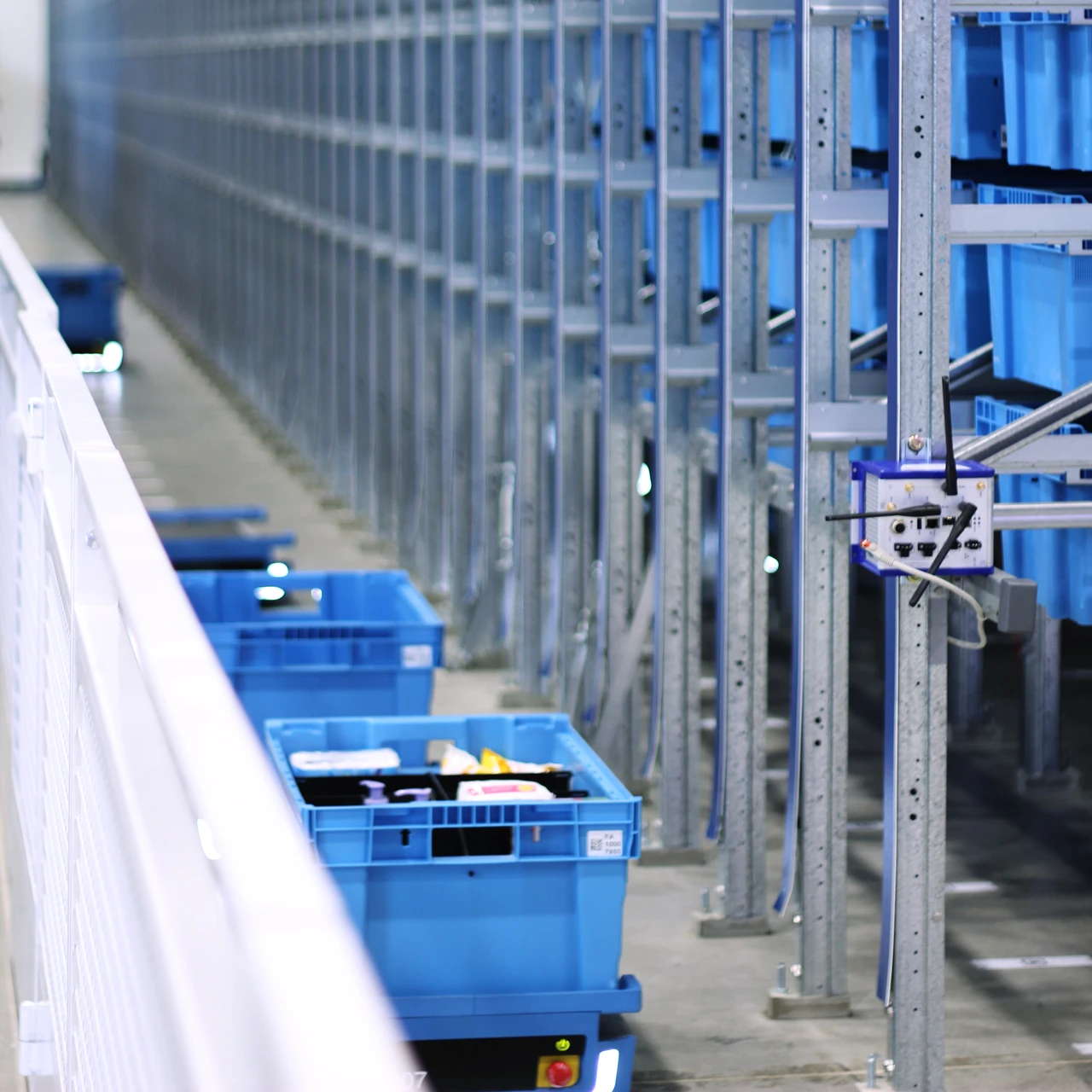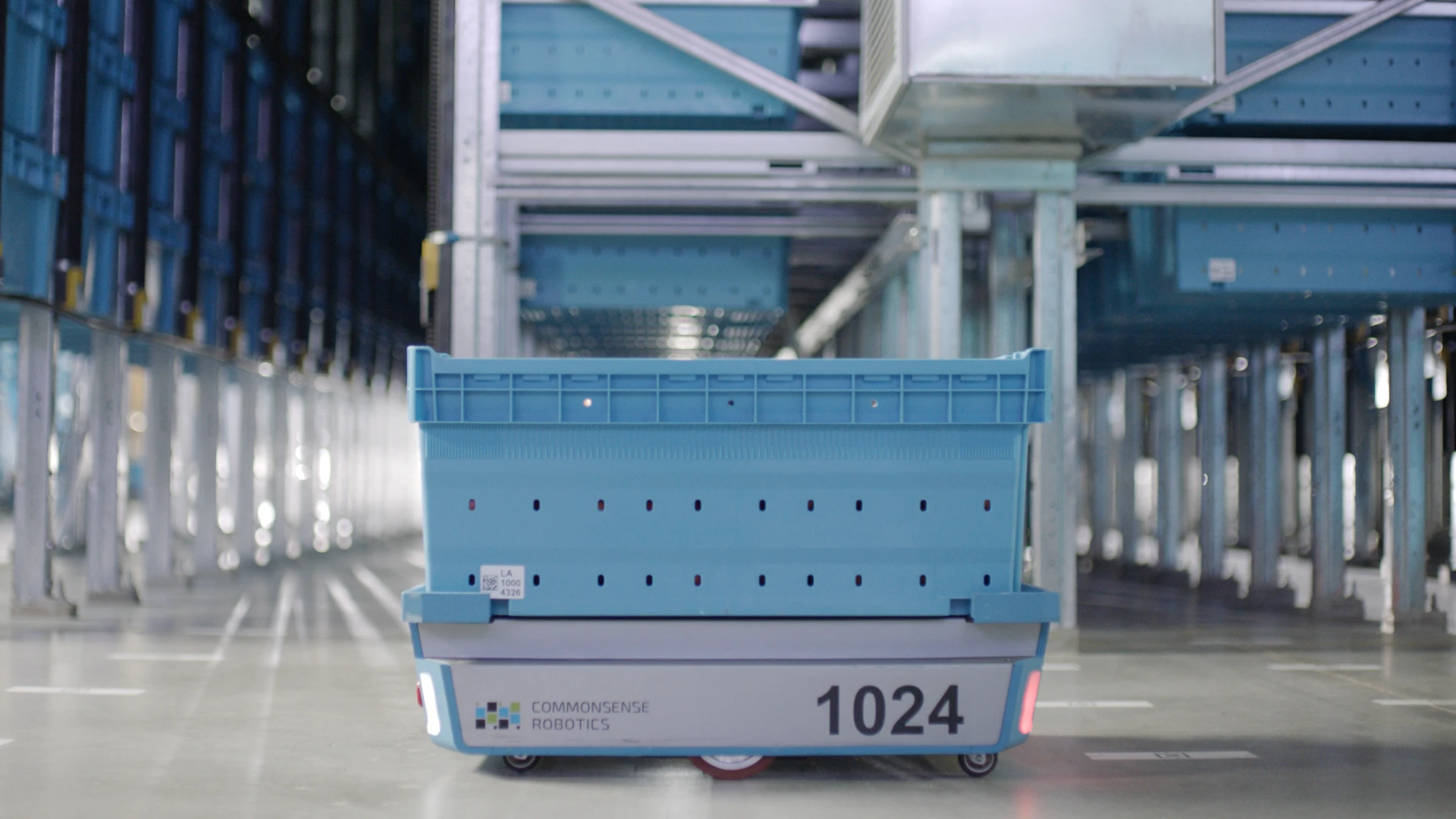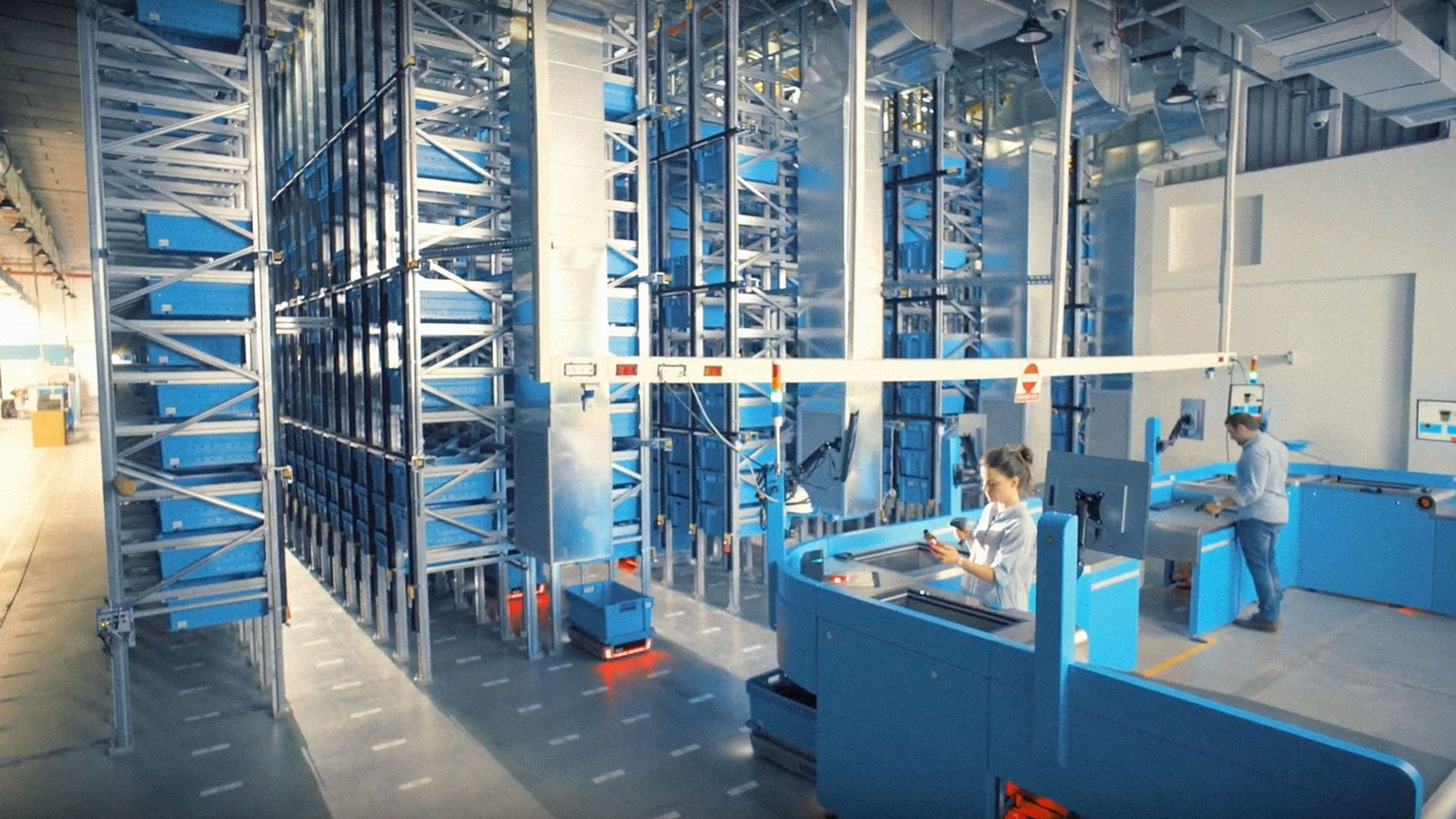With the rise of big data, IoT, and connected cars, the parking industry is undergoing dramatic transformation, and investors worldwide are starting to take note. “The parking industry is a significant market but remains fragmented with many opportunities for technological innovation,” said SoftBank when it recently invested hundreds of millions in ParkJockey, a startup that’s monetizing parking lots and making it more efficient for drivers to find parking spaces. Hoping to benefit from the acceleration toward electric cars and the data produced by parking lots, Sumitomo just bought Q-Park Nordics for $450 million. With similar hopes, Park24 partnered with the Development Bank of Japan to acquire the U.K.’s largest parking lot operator for $407 million.
But the potential for the future of parking lots goes way beyond these transportation trends. What if finding new and innovative uses for underground parking lots was also an opportunity to solve the challenges of urbanization and e-commerce logistics in today’s world?
Cities are already facing immense challenges. Will the added strain of e-commerce be the straw that breaks the camel’s back?
Cities of today are facing unprecedented challenges, many of which stem from rapid urbanization. With 55% of the world’s population already living in urban areas, the UN projects that this number will surge to 68% within the next 25 years. With such a rapid influx of people, urban infrastructures are struggling with everything from housing and employment to transportation and energy systems.
A compounding challenge is the dramatic rise of e-commerce. Not only are more people moving into cities, but they are shopping more and more online with increasingly high standards of free shipping and fast deliveries. UBS projects that the online share of retail sales in the U.S. is already at 16% and will rise to a staggering 25% by 2026.
Supply chains, transportation systems, and logistics infrastructures in urban areas simply aren’t designed to accommodate this onslaught of e-commerce. According to Rakuten Intelligence, 500 million packages were delivered to New York City in 2018, and this number is expected to soar to 1 billion in just a few years. The result for cities and residents is nightmarish traffic, and for retailers, e-commerce logistics have never been more expensive or complicated.
The challenges are many, but one thing is clear: Looking toward the future, current supply chains and logistics systems cannot continue to support cities, retailers, and consumers. In a rapidly urbanizing, on-demand world, it’s time to rethink the way that goods are fulfilled and delivered within cities.
Car ownership is projected to drop dramatically, leaving parking lots abandoned
Simultaneously, car ownership is dropping and there is already an abundant surplus of parking spaces in the United States. In fact, the U.S. has as many as 2 billion spaces for only about 250 million cars, and most of this valuable real estate sits empty all the time—even in major cities. According to a study by Eric Scharnhorst of the Research Institute for Housing America, while parking covers 40% of the land area in Seattle, half of Seattle’s parking spaces sit empty—this in a city that is clogged with congestion and that is experiencing a major housing shortage.
This trend of parking lot vacancy is only expected to accelerate. Thanks to ride-sharing apps such as Uber and Lyft, no-car households are already becoming more common in the U.S., and private car ownership is projected to drop dramatically within the next 15 years. The independent think tank ReThinkX predicts that by 2030, private car ownership will drop by 80% in the U.S. and the number of passenger vehicles on roads will decrease from 247 million in 2020 to 44 million in 2030. With the rise of autonomous vehicles, it will simply be more efficient and cost-effective to use transportation “as a service” than it will be to own your own car.
Fewer private vehicles on the roads will have many economic, environmental, and logistical implications, but one major result will be that enormous swaths of land will sit empty. One model from the University of Texas-Austin found that if you shifted an entire city to autonomous cars, it would need 90% less parking than it needs today.

For a new retail infrastructure that supports modern cities, look underground
While architects and city planners are already starting to reclaim aboveground parking lots for housing and parks, there’s a less obvious but equally valuable future for underground parking garages.
These dark, windowless spaces aren’t conducive to housing or recreation, but they’re inexpensive, readily available, and situated in prime locations. This unique mix of attributes makes underground parking garages perfect for the storage and fulfillment of e-commerce orders, whether it’s food and groceries or clothing and consumer electronics. There is a massive opportunity to transform the maze of urban underground parking lots into a new retail infrastructure that serves the communities that live above them.
Rather than fulfilling orders in massive warehouses located hours outside of cities, underground parking garages make it possible to process orders just blocks from where customers live. This mitigates the costly last mile for retailers and eases the slew of problems that delivery truck congestion incurs for cities. It also prioritizes aboveground space to be more walkable, livable, and people-friendly.
Why wait days for online retail orders and choke in the fumes of delivery trucks when fulfillment could be happening invisibly and more efficiently from small warehouses right beneath our feet?

The future of underground e-commerce fulfillment is already underway
This kind of underground fulfillment is already attracting investors and businesses hungry for untapped real estate opportunities.
In Los Angeles, CloudKitchens is transforming underground parking lots into shared commercial kitchens. These delivery-only sites lower the point of entry for new chefs by giving them shared access to cheap real estate in locations near their customers. “There are over $10 trillion in these real estate assets,” tweeted Travis Kalanick, CloudKitchens CEO and former CEO of Uber, “that will need to be repurposed for the digital era in the coming years.”
In downtown Chicago, the real-estate firm JLL is converting a parking garage beneath Millennium Park into a last-mile logistics facility to replenish the stock of stores downtown and deliver e-commerce orders to customers. “Despite its fantastic location, it is actually somewhat under capacity from a parking perspective,” says JLL managing director Keith Stauber. “Because of that, we have to consider how we can maximize revenues for the garage and City of Chicago while also utilizing it to its full potential.”
At CommonSense Robotics, we’re working to make on-demand logistics a reality for everyone by building and operating networks of “micro-fulfillment centers” in cities. We’re currently constructing a robotic fulfillment site in a parking garage beneath a Tel Aviv skyscraper to serve one-hour grocery delivery orders. Because this underground space has been so underutilized, we’re able to build right next to where our retail partner’s customers live—but without the hefty real-estate price tag.
The problems that urbanization and the rise of e-commerce present are undeniably complex, and it’s going to take an unorthodox approach to real estate, supply chains, and logistics to solve them. But with so much at stake, inaction simply isn’t an option. Exploring the untapped potential of underground parking lots is one important way to reinvent e-commerce logistics and transform cities of the future into places that are more efficient, affordable, and livable in this rapidly evolving world.
Elram Goren is the CEO & cofounder of CommonSense Robotics.
Recognize your brand’s excellence by applying to this year’s Brands That Matter Awards before the early-rate deadline, May 3.
